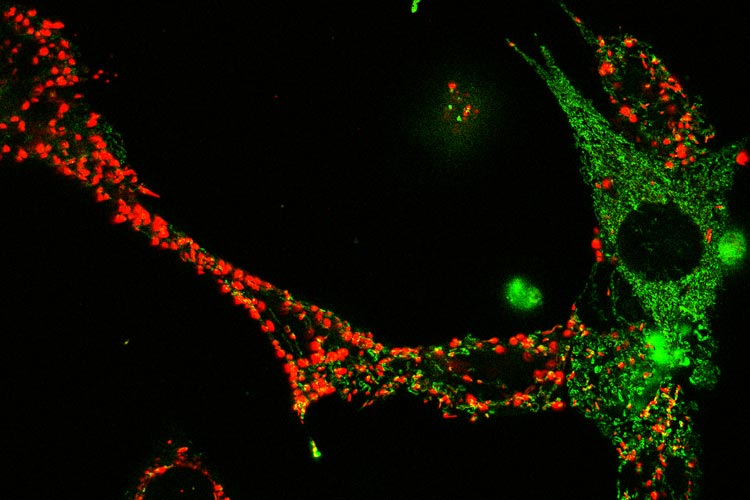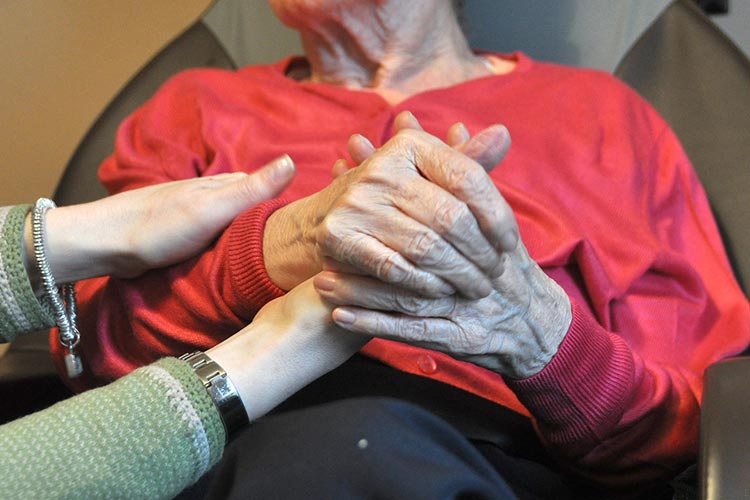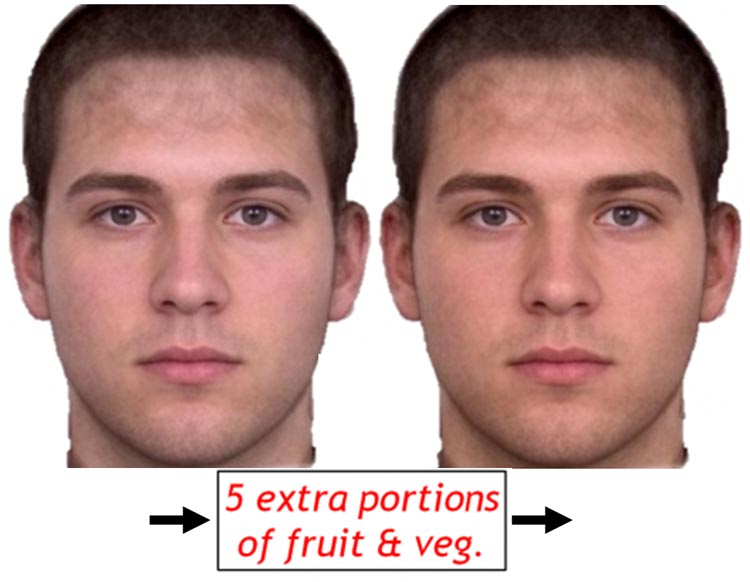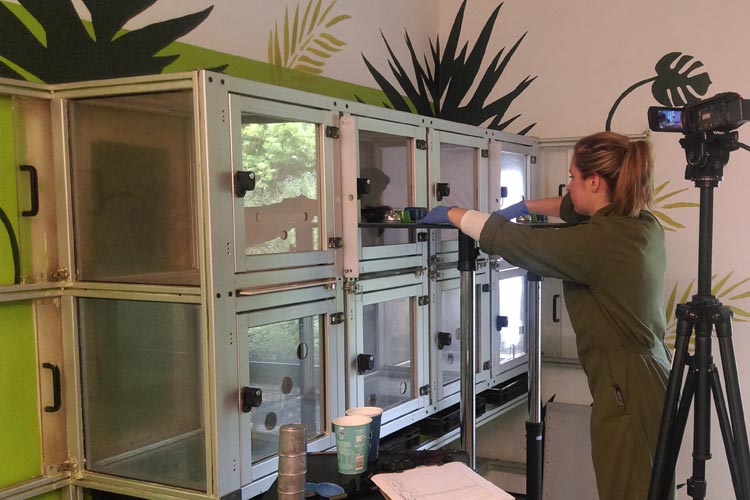Research impact
Impact is embedded within the culture of the School and in its teaching. For example, the School provides a fourth-year course dedicated to public engagement and impact. Here are some examples of impact and entrepreneurial work. The University encourages impact by valuing it in promotions.
Alzheimer's disease and memory loss
From the cellular neuroscience side, Gayle Doherty investigates neuro-hormones implicated in Alzheimer’s disease. Gayle has shown that a neuro-hormone, leptin, alleviates key symptoms of Alzheimer’s disease: it stops the build-up of plaques in the brain and prevents brain cells from losing their learning plasticity. With Rebecca Goss from Chemistry, Gayle has developed leptin fragments which increase stability and bio-availability. Gayle has a second-stage patent application for the leptin fragments. Behavioural work with Jamie Ainge will test the leptin effects on memory in mouse models of Alzheimer’s disease. They have already shown that leptin fragments boost the memory performance of normal mice in tasks requiring memory for what and where.

Alzheimer's disease and communication
From the psychological side, Maggie Ellis has developed Adaptive Interaction to guide and scaffold the communication between people with advanced Alzheimer’s disease and their caregivers. When language fails, Adaptive Interaction builds on a person’s non-verbal repertoire and desire to communicate; it includes imitation of gestures and noises. The Alzheimer’s Society have commissioned St Andrews academics to develop a training programme for care staff. Similarly, Scottish Care is discussing how to integrate Adaptive Interaction training into palliative and end of life for people with dementia care across Scotland.

Crowds and riots
Steve Reicher has applied his social identity model of crowd action to explain the 2011 English riots. A sense of shared identity, rooted in deprivation and a sense of police illegitimacy, underpinned the initial riot and explains where it spread. This was not a matter of mindless ‘copycat rioting’, but depended upon people seeing themselves in the events of Tottenham. The work has reshaped public order policing and is beginning to influence policy makers. Reicher was invited by Shadow Home Secretary Diane Abbott to address organisations and MPs in Parliament in March 2019.

Appearance and motivating a healthy lifestyle
David Perrett is providing people with motivation to improve their lifestyle. He has shown that eating more fruit and vegetables for a few weeks increases levels of yellow-red plant pigments in the skin, imparting a golden skin colour which confers a more healthy and attractive appearance.

Animal minds
Working with Derek Ball in the Department of Philosophy, Amanda Seed and Juan Carlos Gomez are adding to the primary school curriculum to get children to think about animal minds. Humans reason that objects continue to exist when hidden from sight, we are curious, we use physical and social tools to achieve goals, and we construct and enjoy music. Do animals have similar mental abilities? The team fosters critical thinking as to the nature of evidence for a mental ability or behavioural capacity, and the manner in which scientific experiments can provide that evidence.
